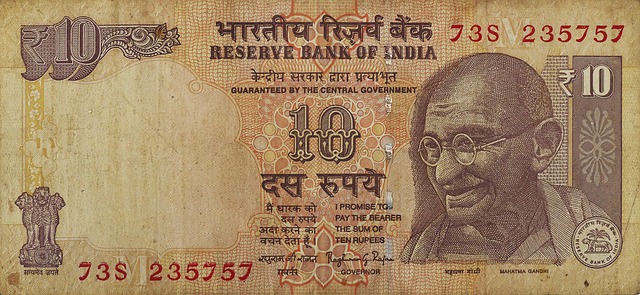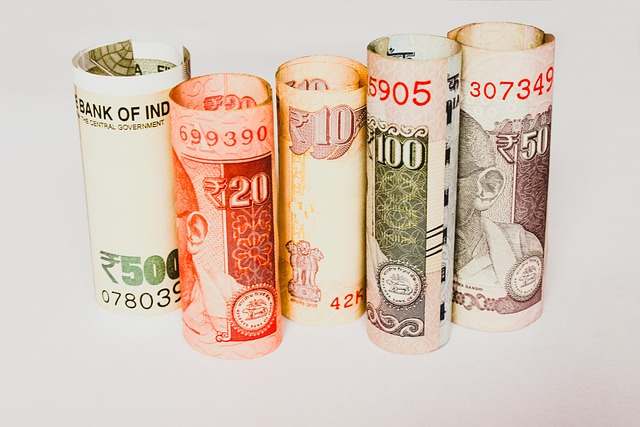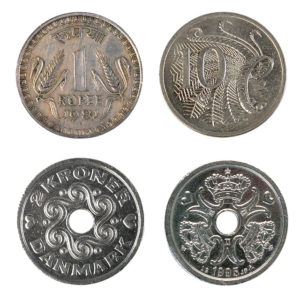Navigating International PKR Exchange: Legal Requirements and Regulations
Navigating international currency laws for Pakistani Rupee (PKR) transactions is crucial for busines…….

Navigating international currency laws for Pakistani Rupee (PKR) transactions is crucial for businesses. Strict regulations by the State Bank of Pakistan (SBP) aim to preserve financial integrity, curb illicit activities, and stabilize PKR's global value. Compliance involves understanding exchange rules, AML/KYC procedures in both sending and receiving countries, and adapting to dynamic market changes, including virtual currencies.
“Navigating the complexities of international money transfers is essential for anyone dealing with the Pakistani Rupee (PKR) across borders. This article guides you through the legal requirements and regulatory landscape surrounding PKR exchanges globally. We delve into the understanding of international currency exchange laws and the specific framework governing PKR transactions outside Pakistan. By exploring compliance considerations, individuals and businesses can ensure seamless and legally sound cross-border PKR transfers.”
- Understanding International Currency Exchange Laws
- Legal Framework for PKR Exchanges Outside Pakistan
- Compliance and Regulatory Considerations for Cross-Border Transactions involving PKR
Understanding International Currency Exchange Laws

When considering international exchange of the Pakistani Rupee (PKR), understanding the global framework governing currency transactions is paramount. International currency exchange laws are designed to ensure transparency, prevent illicit activities, and stabilize financial markets. These regulations can vary significantly from country to country, so it’s crucial to familiarize yourself with both domestic and foreign legal requirements.
For businesses operating in the export industry with strengths in rupee-employment correlations and education-funding-requirements, navigating these laws is essential for ethical and compliant international trade. Investment in human capital, a key driver of economic growth, can be facilitated by adhering to these regulations. Visit us at labor-market-trends anytime for more insights into global financial landscapes and how they impact various sectors, including the PKR’s role in international investments.
Legal Framework for PKR Exchanges Outside Pakistan

The legal framework governing the international exchange of the Pakistani Rupee (PKR) is defined by Pakistan’s central bank, the State Bank of Pakistan (SBP). With a view to expanding the rupee’s global reach and facilitating seamless cross-border transactions, the SBP has been introducing digital currency initiatives. These innovative measures aim to modernize the nation’s financial system, especially in light of the increasing importance of digital trade and cultural product marketing.
The exchange process is subject to strict regulations, ensuring transparency and security. This includes compliance with anti-money laundering (AML) and know-your-customer (KYC) protocols, which are essential components of Pakistan’s financial landscape. Moreover, as international logistics improvement becomes a focus, the SBP continues to adapt its policies, making it easier for individuals and businesses to engage in PKR exchanges globally while adhering to international standards and best practices. For further information on specific requirements, visitors are encouraged to explore our skill-development-programs at any time.
Compliance and Regulatory Considerations for Cross-Border Transactions involving PKR

When engaging in cross-border transactions involving the Pakistani Rupee (PKR), entities must navigate a landscape governed by strict regulatory frameworks designed to safeguard financial integrity and national security. Compliance with these regulations is not just a legal imperative but also crucial for maintaining stability in the PKR’s value within the global market, especially considering recent fluctuations due to inflation and climate change adaptations. Key considerations include understanding the rules on currency exchange, anti-money laundering (AML) protocols, and know-your-customer (KYC) procedures.
International transactions necessitate adherence to the laws and regulations of both sending and receiving countries. For instance, businesses must be aware of restrictions on transferring funds abroad and the documentation required for cross-border PKR movements. Additionally, as seen in recent government-spending-patterns, regulatory bodies often publish guidelines on how to mitigate risks associated with virtual currencies and digital assets. Entities involved in such transactions should give us a call at their earliest convenience to ensure they’re fully compliant, particularly given the dynamic nature of global financial markets influenced by climate change and other economic forces.
When exchanging the Pakistani Rupee (PKR) internationally, understanding the legal framework is paramount. The article has navigated through the key aspects, from global currency exchange laws to Pakistan’s specific regulations governing PKR transactions abroad. Compliance with these rules is essential to avoid legal pitfalls and ensure secure cross-border PKR exchanges. By adhering to the outlined compliance and regulatory considerations, individuals and businesses can navigate these international transactions smoothly, fostering a robust financial landscape that transcends borders.







